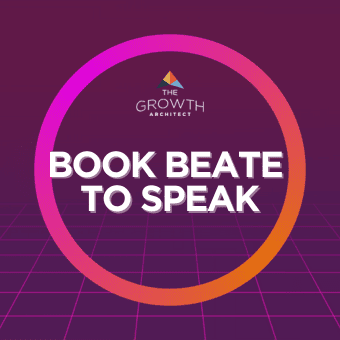There’s lots of talk these days about introverts and extroverts. On the heels of Susan Cain’s bestselling book, Quiet: The Power of Introverts in a World That Can’t Stop Talking, more and more introverts are giving us a glimpse of life on the quiet side to let us know their innate traits are just as important and valuable as those of their outspoken counterparts. But which personality type is better in a creative business where it’s necessary to network and even boast about our talents?
The truth is that it’s not an either-or situation. Every person has many different facets and none of us thinks and feels exactly the same as anyone else. I come across business owners all the time who wish they could create armies of their own clones. Yet, the real power comes from collaborating with people who are different from you, people who enjoy tasks you find tedious or difficult, and who think a little differently than you do.
Let’s dive deeper into this. I am a certified practitioner of the Meyers-Briggs psychological type theory and know a thing or two about how one’s innate personality and preferences influence the roles and careers in which he or she will excel. We all have two different but complimentary sides of our nature; in varying degrees, a person will either have a preference for the outer world of activities, people, and being in the spotlight, or the inner world of thoughts, interests, ideas, and imagination. Extroverts get their energy from being around people, whereas introverts are energized from within and in private. The direction you leans most towards determines whether you are classified as an extrovert or an introvert.
No surprises here—I’m an extrovert. I thrive on being out and about meeting people and I love speaking to large groups! My extroversion helps me connect with my coaching clients and I add momentum to their ideas and dreams. True to my type, I prefer to follow a logical, systematic business-building process that I have developed based on my experience.
Both extroverted and introverted personalities bring essential traits needed to run successful businesses. Face it, you aren’t awesome at everything, so work with someone who has the skills you don’t and you’ll both be happy with how well it all comes together. My own team includes a large range of personalities and each person is doing what they are best at.
Knowing more about how you tick—and how others do, too—can help you:
- Plan your business around your own strengths
- Identify gaps in your business talents
- Work with others more effectively
- Avoid and resolve conflicts
Every “type” has their place in the business world. For example, one of my writers is an introvert with other traits of being curious, quick to see possibilities, and intuitive. She likes to think about things before she goes into action and she considers how others will be impacted. My executive photo assistant, on the other hand, is an extrovert. He is spontaneous, imaginative, and loves to talk. He makes connections between things quickly and, like me, wants to understand how just about everything works. I need each person I work with to round my own skills and preferences.
Extrovert. Introvert. It doesn’t really matter. What does matter is that you understand where you strengths lie and seek input for the other stuff.





Thanks, Beate, for not only your knowledge, but for your generosity of spirit. It’s incredibly supportive.
Cheers
France
Add Sally Hogshead’s book “How The World Sees You” to your read it “now” list. Monitor/subscribe to her list at http://www.howtofacinate.com